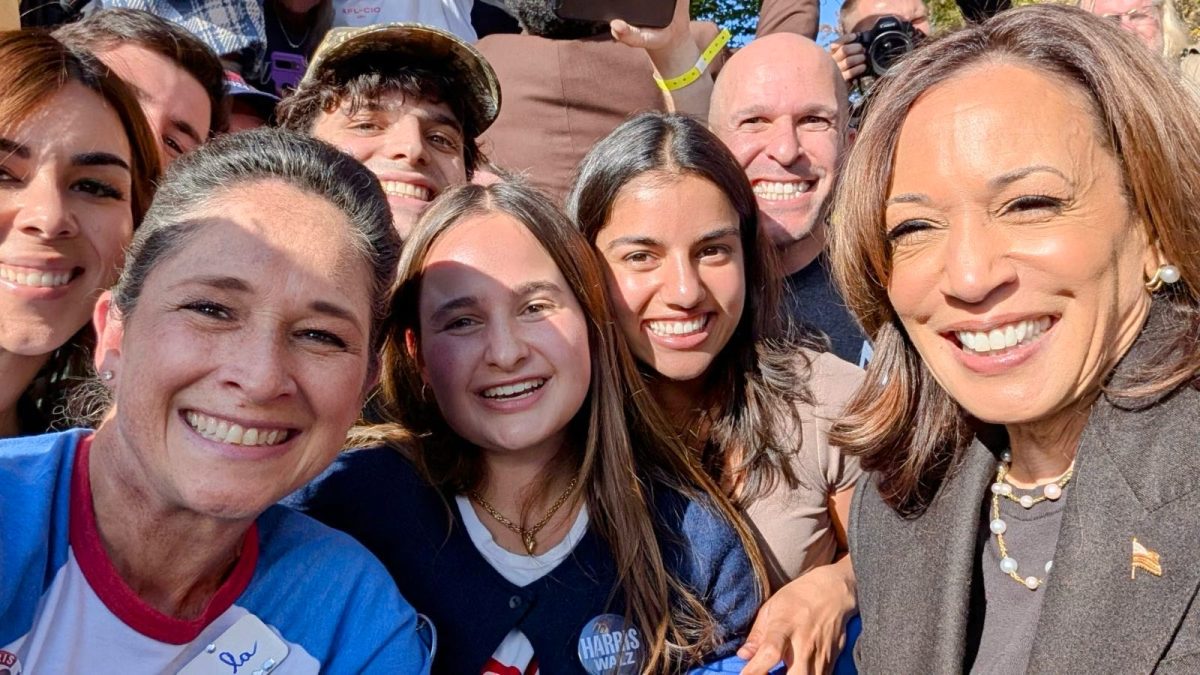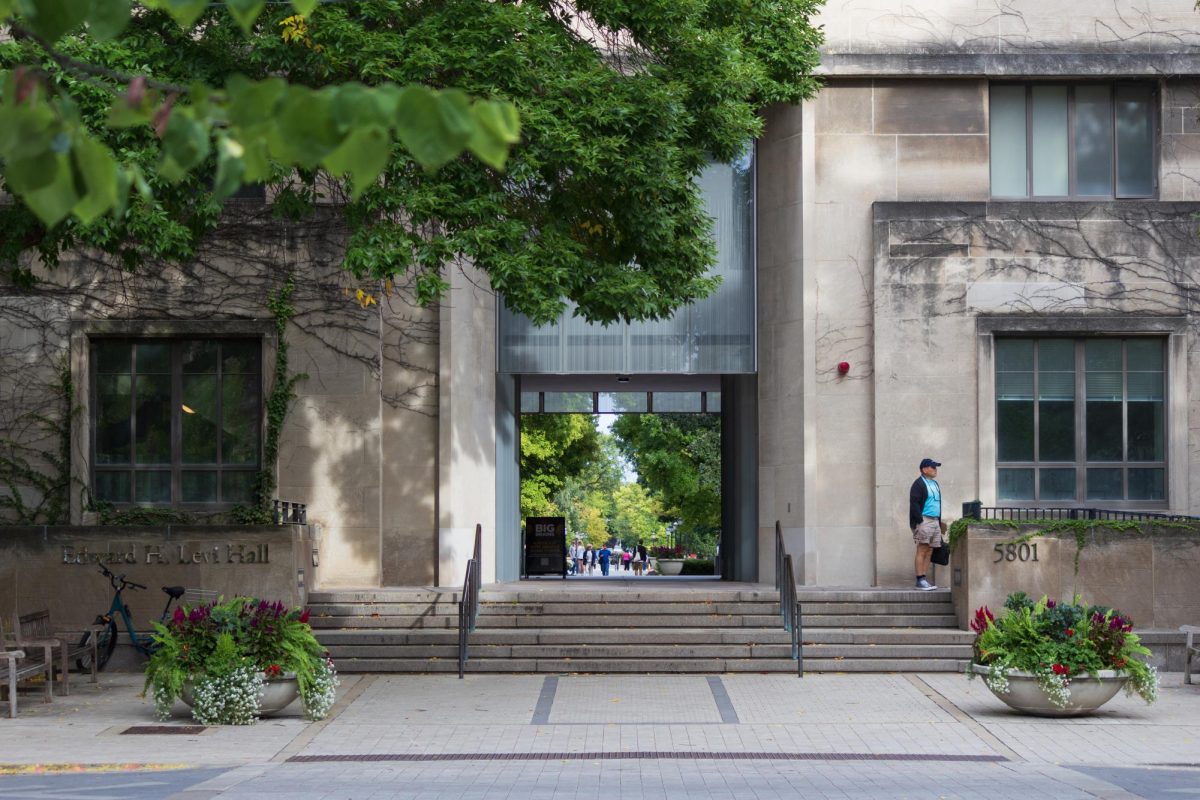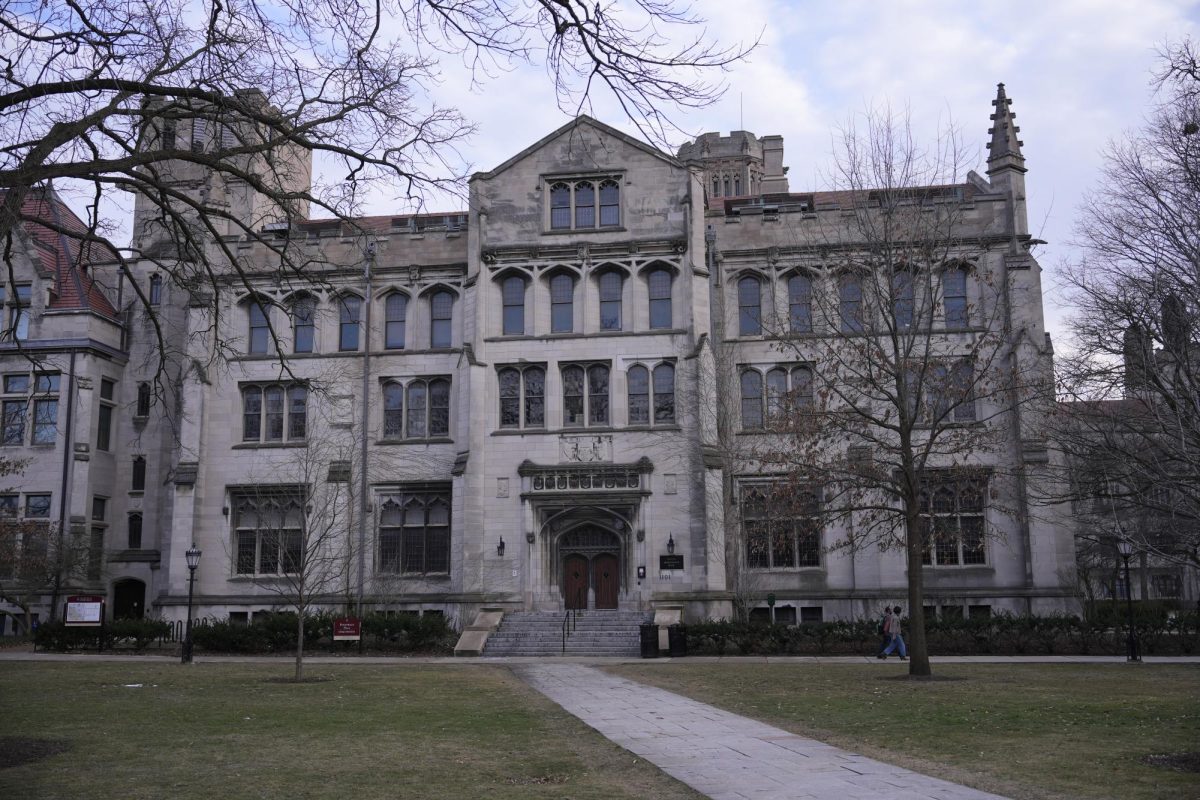Last Tuesday, Steve Bannon—noted propagandist, white supremacist, and disgraced former Trump chief strategist—accepted an invitation to speak at the University of Chicago. Students swiftly organized, promising retribution. Some students seek to disinvite Bannon, and many may attempt to silence him should he come.
Our heated discussions of free speech too often resort to extremes. But, as students at the University of Chicago, I trust we can approach the subject with more nuance and care. We, who pride ourselves on our dialectic and derivatives, should instead explore the architecture of speech—the places, protections, and processes—and set an example for a nation swept up in passionate polemics parading as conversation.
It seems that everyone needs credentials these days, so let me share mine upfront: I am a student at both Harris and Booth. I am also a liberal and a progressive. In 2012, I dropped out of school to campaign for Barack Obama. I was a strong supporter of Hillary Clinton in the 2016 election. Last winter, I marched with more than one million women in Washington. Last summer, I participated in Our Revolution’s People’s Summit. All this to say: I am no friend to Steve Bannon.
That being said, Bannon, now invited, must be allowed to speak.
This is not to say that we, as students outraged by the litany of Bannon’s sins, must be silent; rather, it says the opposite. We should speak up! Now is the time to bang our keyboards and sound our bullhorns (and publish our opinions). We must demand from the administration that the architecture surrounding “the Visit” elicits and encourages the dialogue (and the quality of speech) that we, as a university, strive to protect.
That is because Bannon, now invited, must in turn be held to a standard of worthwhile conversation.
Indeed, if we must suffer through the sound and fury of his coming—the anxieties and the frustrations, not to mention the mounting costs—we must demand honest discourse in return. If not, the whole exercise will prove an expensive stunt and an exploitation of fear, resources, and President Zimmer’s lofty “discomfort.” If this happens, professor Zingales must be held accountable—as Student Government’s Executive Slate points out (perhaps prematurely)—for his poor judgment.
But if Bannon does engage, there must be real opportunity to raise and challenge his many inconsistencies; which is to say, his many lies. There must be questions from students that—respecting our guest’s right to safety and thought—challenge his disastrous impact on American civic life and his reckless abandon in media and in government.
Meanwhile, as the University prides itself as a bastion of both discourse and free expression, students must be allowed and encouraged to express our grievances. I was delighted to learn that both the administration and Student Government will direct substantive resources toward counterprogramming and demonstrations. But, as Bannon must be forced to engage with us, so too must we accept his right to meaningful engagement.
For if we do disrupt or scuttle the event, Bannon will use us, both as an institution and as a student population, to intensify his disingenuous assault on academia and liberal democracy. He hopes to dim the lights of civilization by delegitimizing the discovery of knowledge and discernible truth. However questionable the decision to invite Bannon, silencing him now would do an inestimable disservice to the ambition and the promise of the liberal ideals that define our university.
Finally, I beg you, fellow students, to consider context.
Universities nationwide are under siege. And yet, such institutions remain this country’s soundest source of knowledge and discourse; of technological innovation and scientific exploration; of research and public accountability; of literature and philosophy. If free and fair dialogue cannot happen here—if we cannot explore the basest realities or loftiest goals of our political landscape—in what forum can it take place? If not in academia, these debates will continue but in secret. Public discourse will shrink, kleptocracy will grow, and democracy will diminish. Only in the university—our strange and privileged space of learning—is the commitment to public dialogue enshrined.
Our tradition tells us that reason, within structured dialogue, can win the day. And so, with architecture in mind and reason at heart, let us accept this man onto our grounds and confront him, challenge him, engage him, and let him go.
At this national dusk, when nuance and debate play second fiddle to passions and falsehoods, the University of Chicago may yet prove the brightest beacon of the proud notion that speech, dialogue, and reason will light the shades of misunderstanding, ignorance, and even hate.
Today, we find ourselves at the center of a great experiment, testing whether our university—or any university—can withstand this trial of our ideals.
We can. We must. Let him speak.
Patrick Hanley is a graduate student pursuing a joint Masters in public policy at Harris and a Masters in business administration at Booth.







